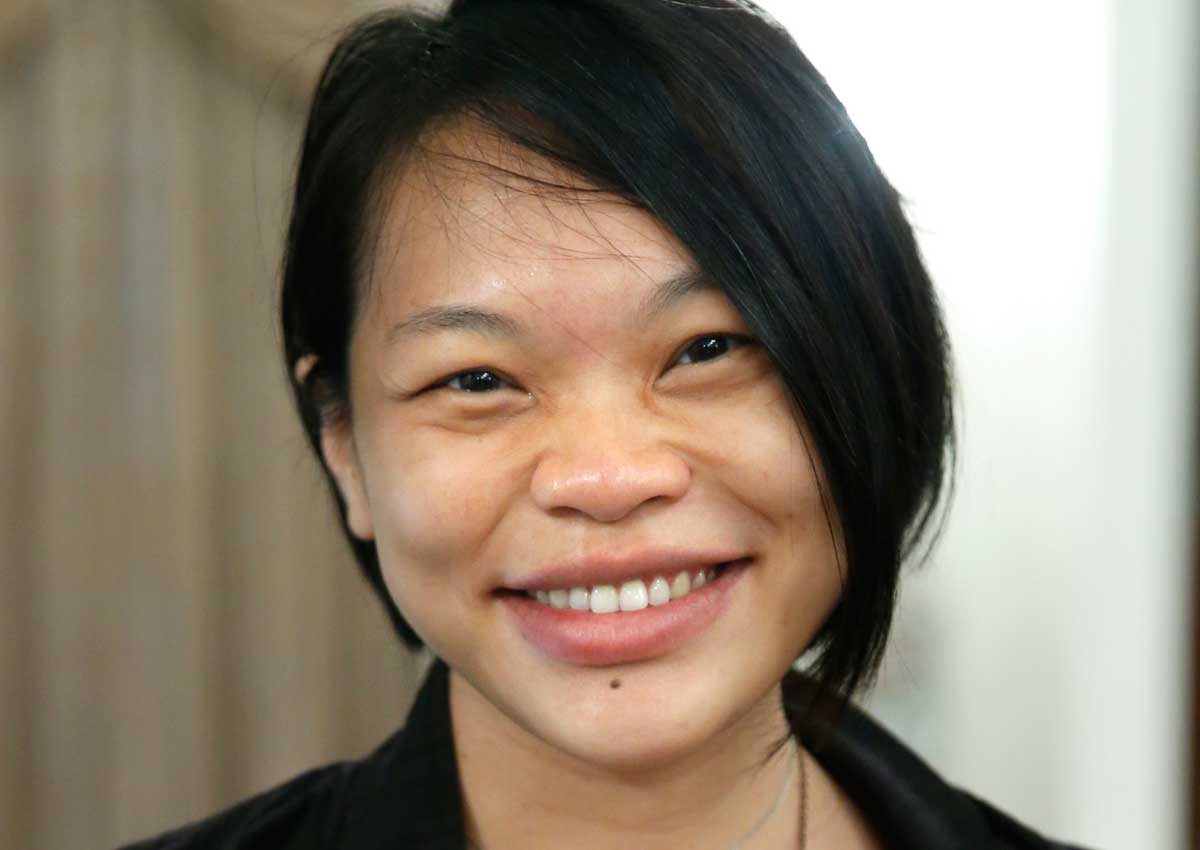Nominated MP Kuik Shiao-Yin, a social entrepreneur, yesterday gave an impassioned call for Singapore to ditch two key “cultural roadblocks to transformation” – fear and scarcity thinking.
Here is an excerpt of her speech, which drew applause from the chamber: “It really disturbs me that year after year, we still rank kiasu, kiasi as among the top defining traits of what makes us Singaporean.
We laugh about it, but it’s been 50 years and the joke is on us. How much longer will we self-identify as a people living under siege? What human potential and opportunities have we lost over the years, as a nation scared to lose out and fail?
These behaviours that are necessary for the future – innovation, productivity, collaboration, generosity to the needy – are wholly dependent on a person’s desire and drive to generate greater worth and real value to share with the world.
Kiasu culture is also what creates a subculture of grantrepreneurs – people who call themselves entrepreneurs but are really just grant-chasers – who seize upon any kind of public monies, like the PIC (Productivity and Innovation Credit) grant, to use on everything but what the grant was meant to accomplish.
The kiasu entrepreneur is driven by the anxiety to make short gains rather than a mindful desire to win at the long game. So he will only take the risks that everyone is already taking and innovate what everyone else is already innovating.
And that’s why entrepreneurship here tends to lack originality and is really just copy-and-paste work of little worth. Yesterday’s bubble tea shop is today’s hipster coffee joint and cat cafe.
We have a ridiculous number of entrepreneurs in F&B (food and beverage) and way too few in industries like marine and construction which have far more opportunity, profit and need for new blood willing to go where nobody else wants or dares to go.
The other habit that has cost us plenty is our scarcity mindset – the belief that the giving of any advantage to someone else is stupid because it comes at the cost of our personal survival and happiness.
I’ve seen it in the way some non-profits work in silo, believing it’s every NGO for itself in the fight for the limited pie of state and donor funding.
And now, you can hear it in the outrage among some mothers in the 1 per cent, as they can no longer claim tax relief on incomes above $80,000 because we want to support greater social spending.
In scarcity thinking, there is no win-win.
It is always a high stakes competition, win-lose or lose-lose.
When we adults push back hard on why domestic workers should be given the right to their day of rest since it impedes on our day of rest, how can we expect anyone to do any better? Should it surprise us if many in the next generation refuse to take responsibility for our welfare when we become the powerless ones in our old age?
The most honest alternative to scarcity is actually not abundance, but satisfaction.
When we are satisfied, we are far more willing to give something of ourselves. From that mindset of satisfaction flows a desire to share decisions, information, recognition, profits and yes, the tax burden for social spending.

This article was first published on April 6, 2016.
Get a copy of The Straits Times or go to straitstimes.com for more stories.






